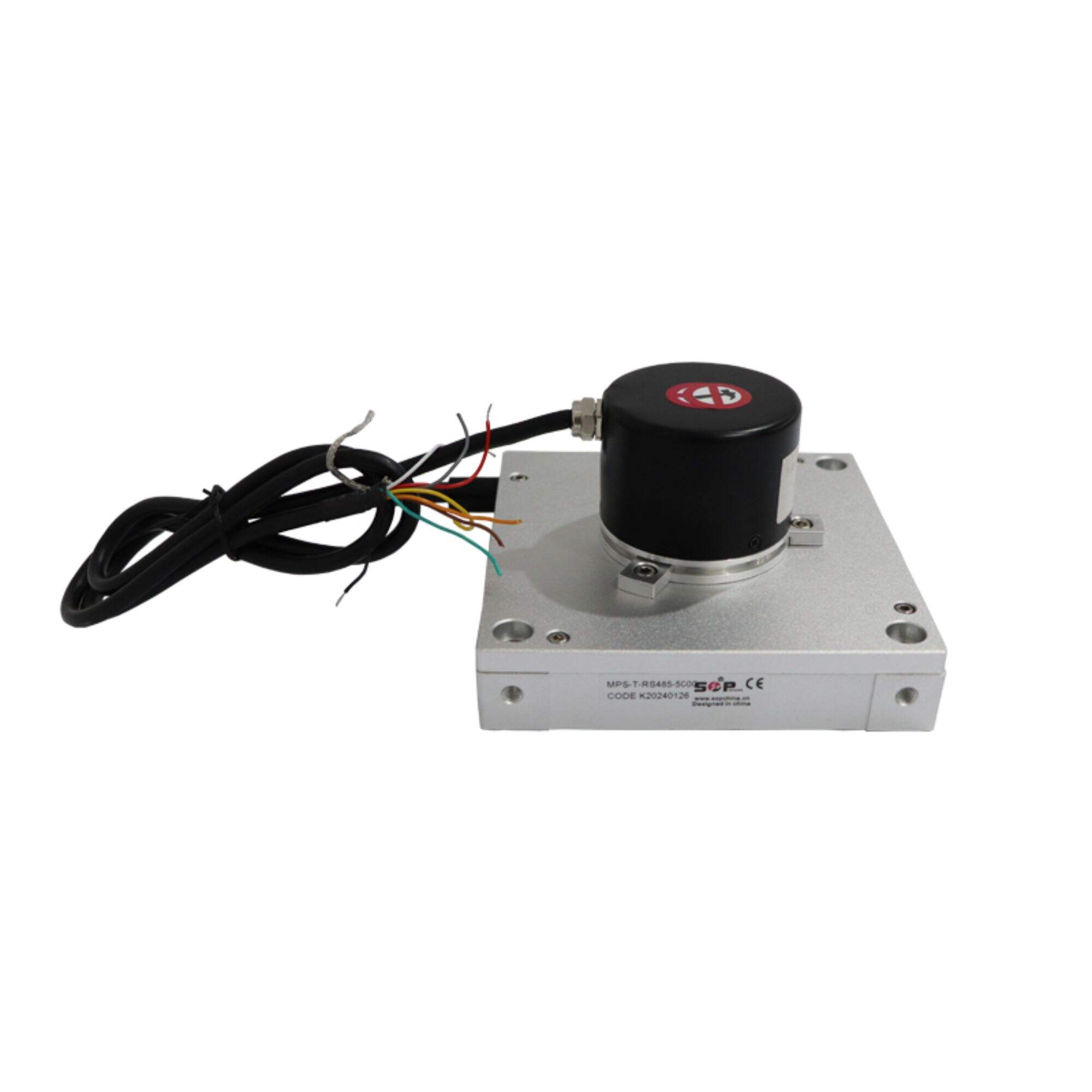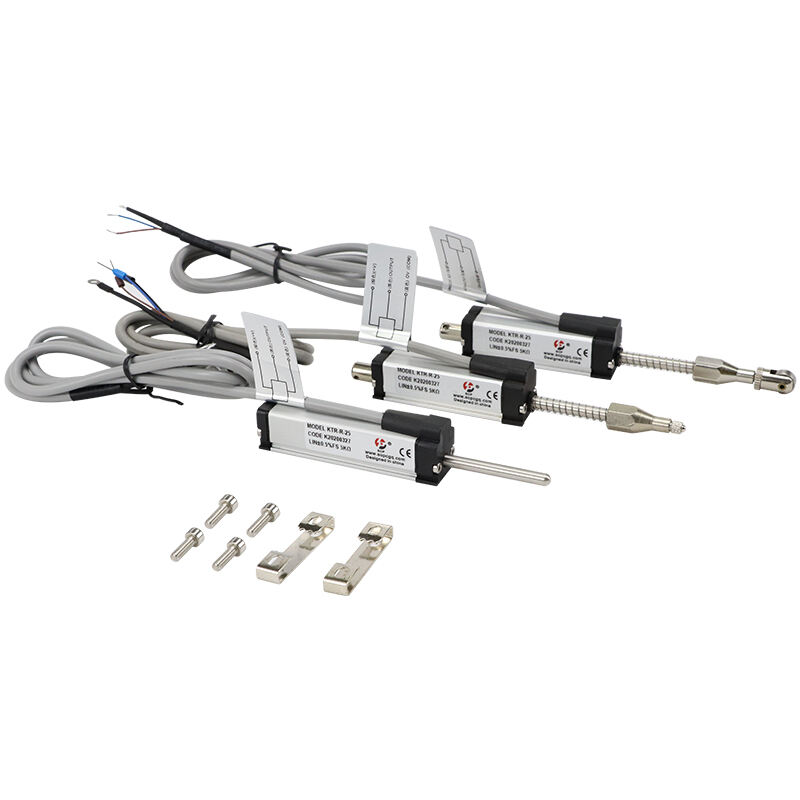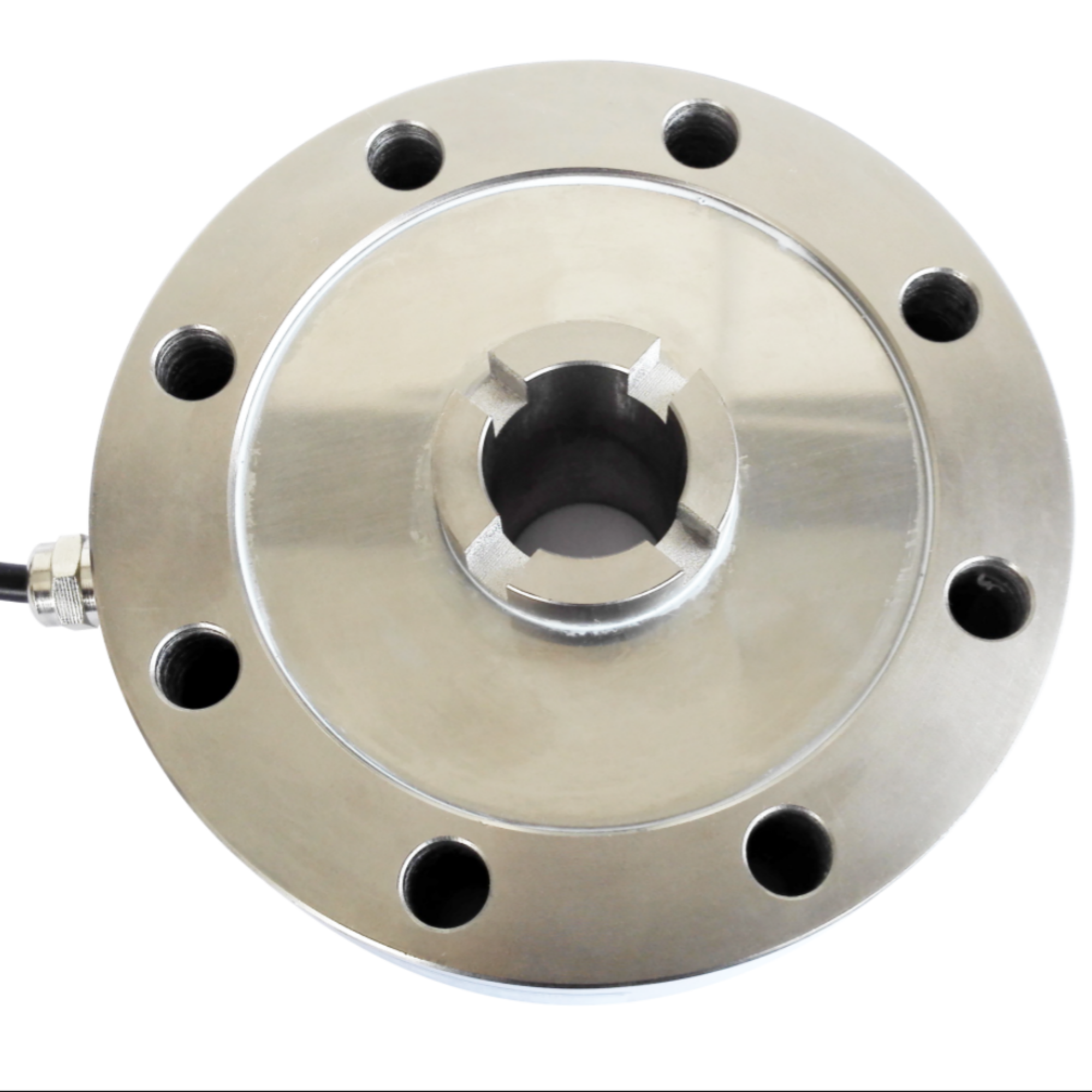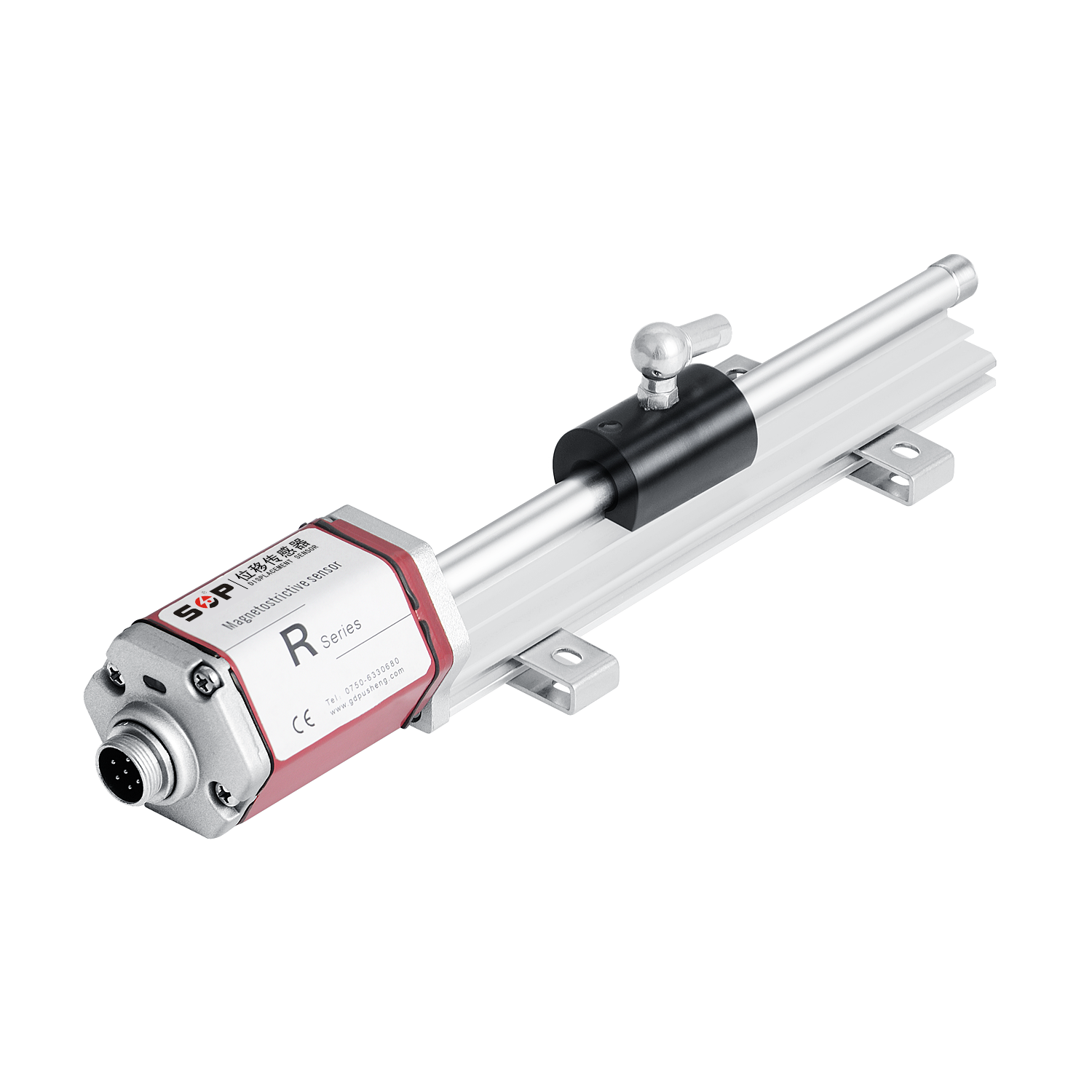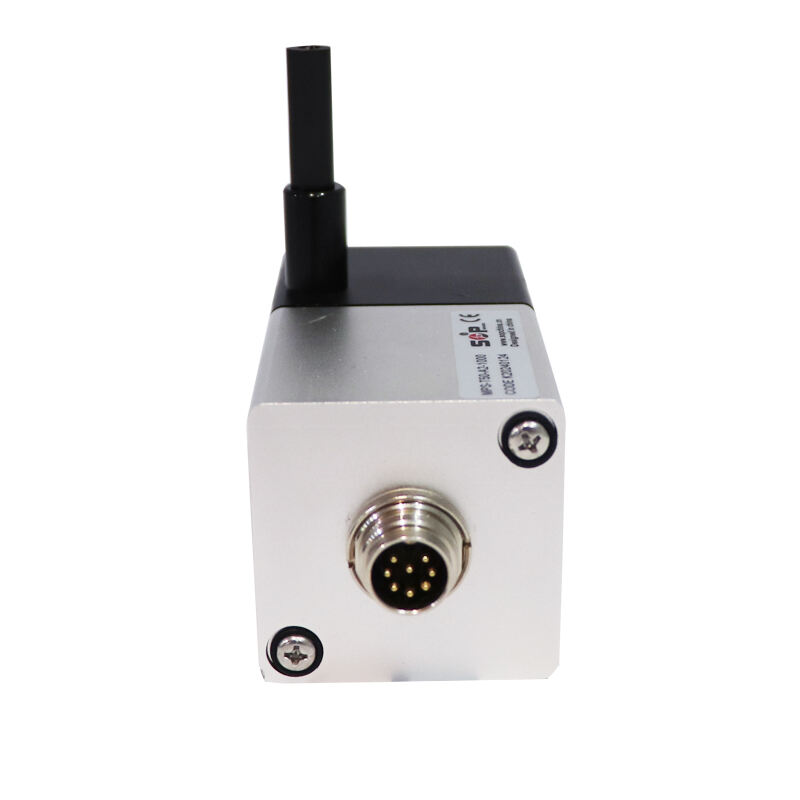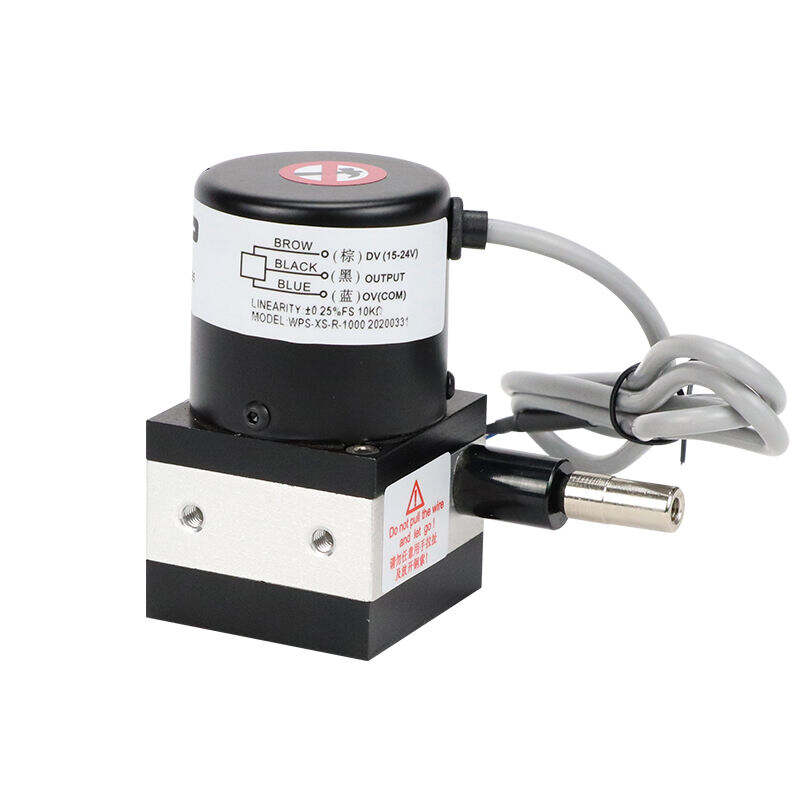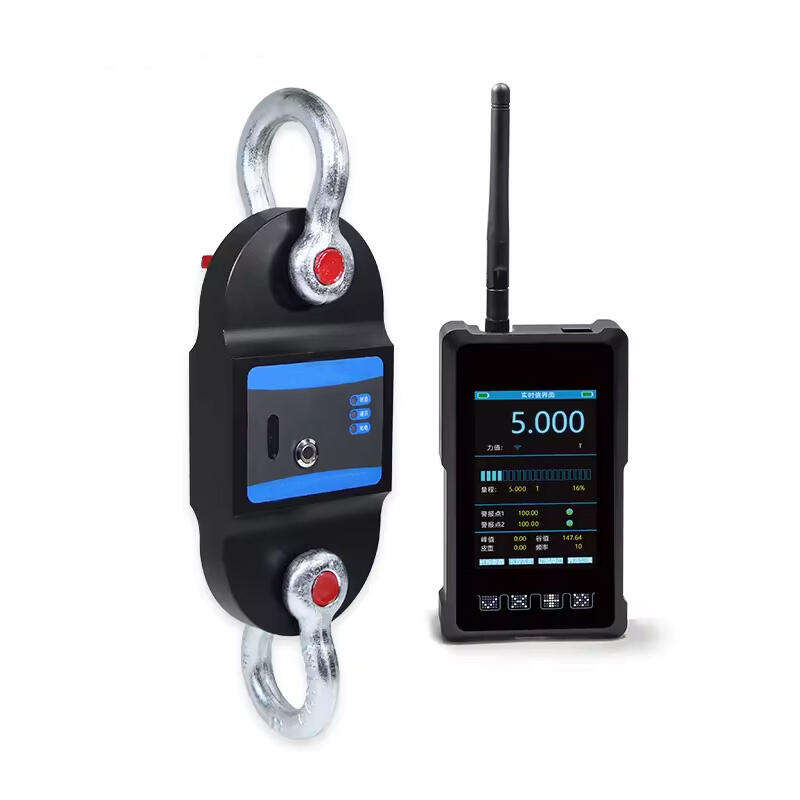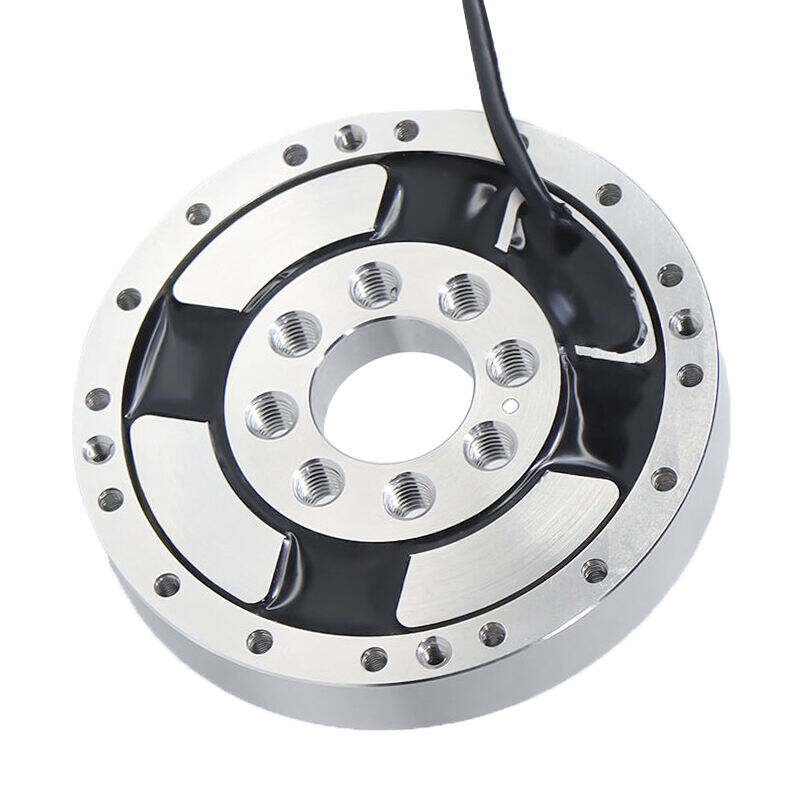цифровой датчик веса
Цифровой датчик веса представляет собой сложное измерительное устройство, которое преобразует физическую силу в точные электронные сигналы, обеспечивая высокую точность определения веса в различных приложениях. Эти датчики используют современные технологии тензометрических измерений в сочетании с цифровой обработкой сигналов для получения высокоточных и надежных измерений веса. Основная функция датчика основана на деформации упругих элементов под действием приложенной силы, что вызывает изменение электрического сопротивления, которое затем преобразуется в цифровые показания. Современные цифровые датчики веса оснащены встроенной температурной компенсацией, возможностью автоматической калибровки и цифровой фильтрацией для устранения помех окружающей среды. Они поддерживают различные варианты интерфейсов, включая USB, RS232 и беспроводное соединение, обеспечивая бесшовную интеграцию данных с существующими системами. Эти датчики способны измерять вес от миллиграммов до нескольких тонн, что делает их универсальными инструментами для таких отраслей, как производство, логистика, розничная торговля и здравоохранение. Интеграция микропроцессорной технологии позволяет выполнять обработку, хранение и анализ данных в реальном времени, а также реализовать такие функции, как автоматическое обнуление, удержание пиковых значений и настраиваемые единицы измерения. Цифровые датчики веса сохраняют свою точность на протяжении длительного времени и могут надежно работать в различных условиях окружающей среды благодаря прочной конструкции и защитному корпусу.

